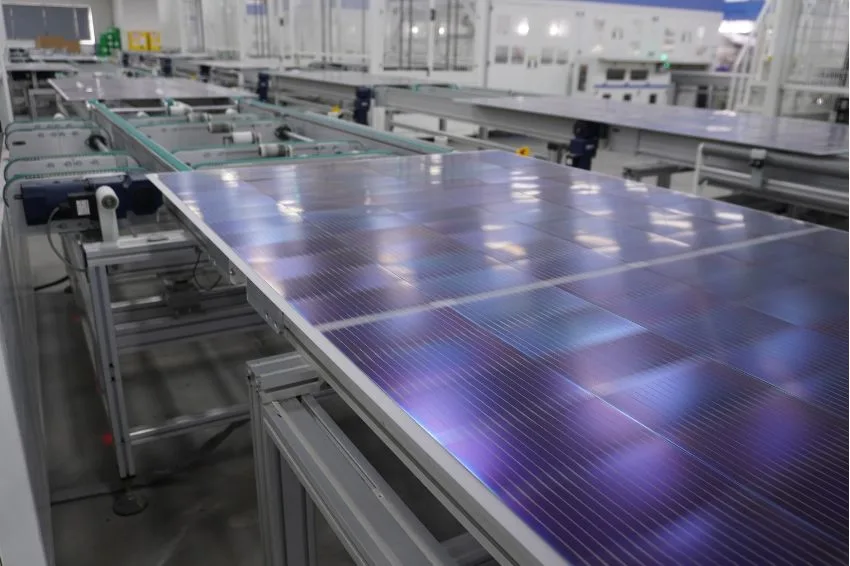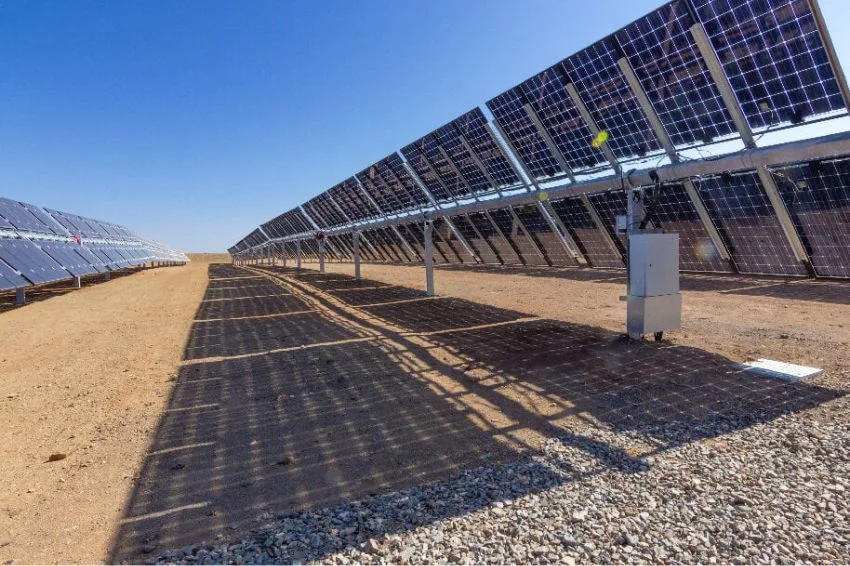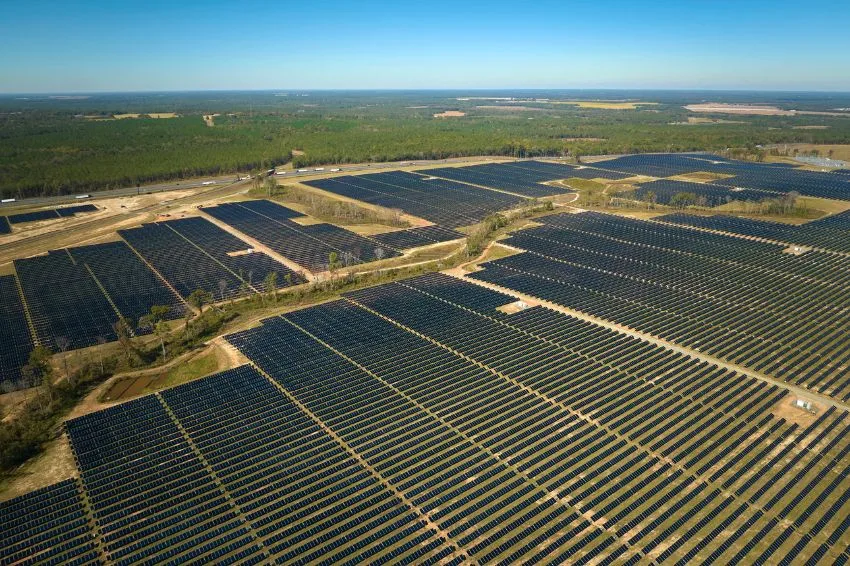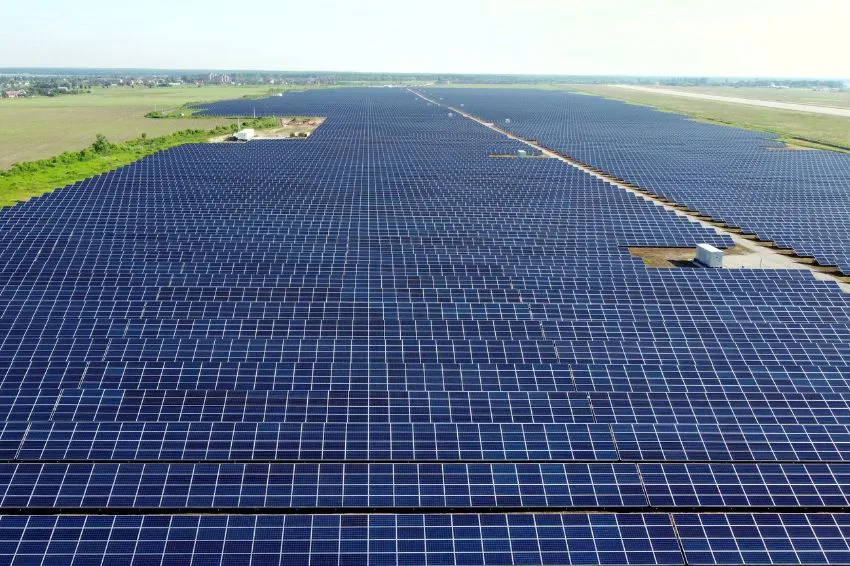The energy crisis in China has impacted the production chain in several segments and thousands of people are suffering from shortages caused by the demands of the Government to decarbonize the economy, by increasing demand for electricity and rising coal and gas prices.
In Brazil, professionals interviewed by the Solar Channel report fears that this situation will harm the photovoltaic industry, resulting in further increases in equipment prices.
“The manufacturing of solar panels consumes a lot of energy and we may have a continuous impact of increased prices due to the global demand and the cost of energy (which is expected to increase in China with the blackouts)", he said Adalberto Maluf, director of marketing and sustainability at BYD.
For Gustavo Tegon, co-founder of Esfera Solar, in the coming months, world trade is expected to reach highly uncontrolled peaks, due to the reduction caused by the impacts of Covid-19 in first world countries, in addition to the increase in demand caused annually by the festivals of end of year.
“To stop the country that has the largest manufacturing sector in the world is to know that all business sectors in our market, which depend on products produced on Chinese soil, will go through turbulent times and shortages. With freight rates rising with each new week, we are certain that Brazilian trade will face good challenges in the coming months”, he stated.
Blackout
Last week, blackouts in several northern Chinese provinces turned off street lights and traffic lights, causing kilometer-long traffic jams in several cities. Additionally, residents of high-rise apartment buildings have had to take the stairs in some municipalities where elevator services have been suspended to save electricity.
In the southern region, residents have been suffering from energy shortages since June, when local authorities ordered manufacturers to adopt a rationing system, forcing factories to cut production. The local population is highly dependent on hydroelectric plants, which ended up losing volume due to the severe drought and the increase in exports of the resource.
Read too: Covid-19 outbreak in China will increase sea freight prices
Uncertainties regarding what has been happening in the Asian country have led several companies to suspend their activities in all regions of China. Apple and Tesla, for example, canceled production at some Chinese factories for several days to comply with stricter energy consumption policies, putting supply chains at risk in the peak season for electronics.
In a statement released to the press, this Monday (27), the State Grid Corporation of China (China National Power Grid Company), the energy company responsible for most of the operation of the country's electrical grid, declared that it will implement public policies to try to control the situation in order to follow the government's principles regarding the energy transition.
The measures involve:
- Strengthen the unified dispatch of the entire network, rationally organize the operation mode and serve power generation companies.
- Coordinate the deployment of resources, take advantage of the large power grid platform, and harness the power transmission potential of inter-regional and inter-provincial channels.
- Improve monitoring of electricity consumption, make efforts to ensure residents' electricity consumption.
- Implement demand response and the orderly energy utilization plan formulated by the government, carry out communication and coordination work in a timely manner, and make efforts to maintain the stability of energy supply.
- Strictly guarantee power supply guarantee responsibilities, improve emergency plans, strengthen emergency actions in network operation, and ensure energy use.
Decarbonization agenda
In September last year, Chinese President Xi Jinping promised to fulfill a bold global agenda: to reduce the country's carbon emissions and, as a bonus, achieve neutrality before 2060.
In a video conference at the UN General Assembly, the head of state reiterated his commitment to the Paris Climate Agreement and asked the world to focus on protecting the environment. “Our goal is to peak carbon dioxide emissions before 2030 and achieve carbon neutrality before 2060,” he said on the occasion.
Just over a year later, shortages of coal and gas, and high demand for the products, have led to more than half of Chinese regions failing to meet set energy consumption targets and are now under pressure to restrict energy use. Among the most affected are Jiangsu, Zhejiang and Guangdong — a trio of industrial powers that account for almost a third of the Chinese economy.
















